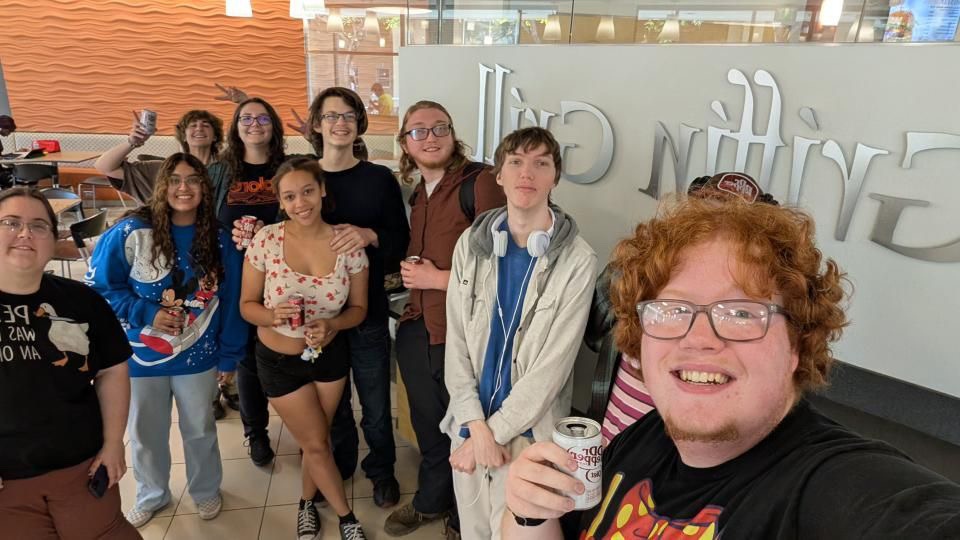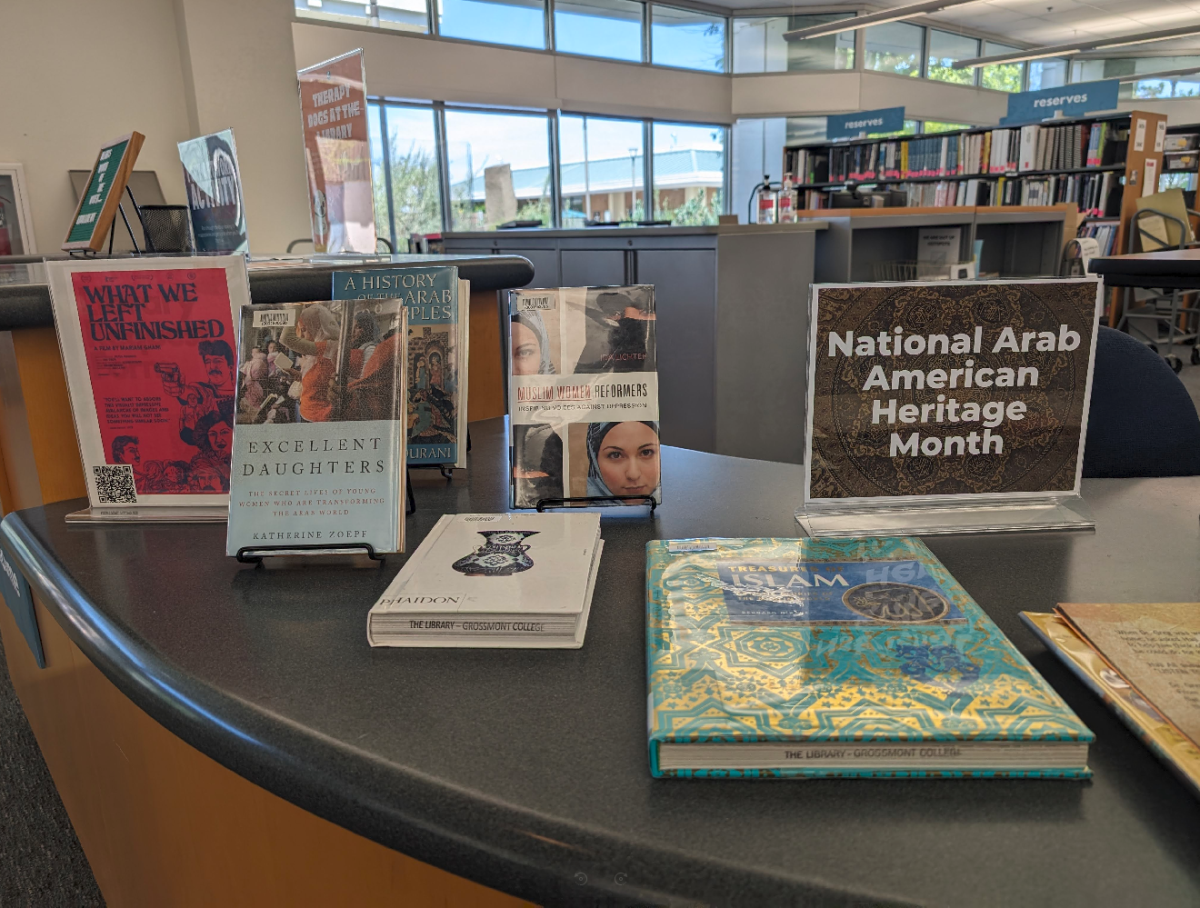GROSSMONT COLLEGE — Byron Motley is a writer, producer, musician and actor. He told Grossmont College students earlier this week that he considers his father, Bob, a former umpire of the Negro Baseball League, to be a legend.
The League was established in 1920, when the African-American community finally found a way to play – professionally – the All-American past time of baseball. “They were not in it for money or fame, but they just wanted to play the game,” said Motley, who on Tuesday, Feb. 8, was the first speaker in the campus’s observance of Black History Month.
It all began with seven teams. By the time Jackie Robinson finally broke Major League Baseball’s color-barrier, the Negro League had grown to 150 teams. According to Motley, many Negro League players state that Robinson was not one of their best; nonetheless, he was the Major League’s Player of the Year in 1947, his rookie year.
Some people may not realize that Robinson was not actually the first African-American in Major League Baseball. In 1889, a player named Moses “Fleetwood” Walker played for one year. He was removed due to rising racial tension, and from that point on professional baseball was a segregated industry. Motley said.

Motley also spoke of every Negro Baseball League player feeling like he had something to prove. They hit harder, ran faster, all to prove that they belonged on the field. During the season, players got roughly $1000-1500 per month, and received nothing in the off-season, so many players had regular jobs when not playing ball.
Among the stand-out players was Leroy “Satchel” Paige who, at $30,000-40,000 a year, was the highest paid Negro Baseball League player of the time. But his pay came at a price: he went where he was called, playing for any team. Paige was the second to be signed to the Majors, and at 42, helped the Cleveland Indians to win the World Series.
Another great of whom Motley spoke was Josh Gibson. Known as the “Brown Bambino of Baseball,” it was rumored , in a League that did not keep records, that he hit over 75 home runs in 1931 alone. Gibson passed away just months before Robinson signed with the Dodgers.
Motley proudlly spoke of his father, the only umpire from the Negro Baseball League still living. While showing a photograph of his father, he smiled and spoke of how these men played for love of a game. They animated themselves to get the crowds amped as well.
The League was innovative. In 1931, the first game at night was played when an owner rigged a few trucks with lights on pulleys. It took the Majors 2 years after that before they realized the genius of this invention, he said.
Similarly, the invention of shin guards and the baseball helmet can be attributed to the Negro League. At the time considered odd additions, they are now regarded as required protective gear, he said.
Motley currently is producing a documentary for PBS, due out this year, The Negro Baseball Leagues—An American Legacy. He showed a ten-minute introduction to the piece with many of the living players telling their stories. Motley’s website provides updates as to the projected release of the documentary.
Motley also co-authored a book with his father, Ruling Over Monarchs, Giants and Stars. It chronicles the life of his father, growing up in a nation plagued by racism, and as an umpire in the Negro League.
*
Streeper is a student in MCOMM 132; email her at [email protected]








